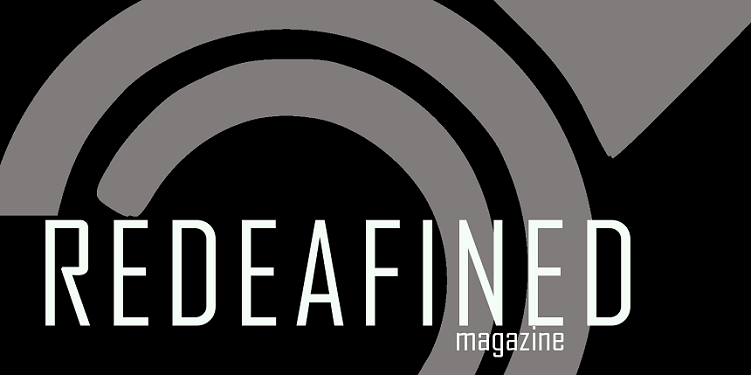Problems with lipreading:
-Many speech sounds are not visible on the lips (English sounds like "g" and "k", for example, occur in the throat)
-Others are not discernible from one another simply by visual means ("b" and "p" look the same). Experts estimate a range of only 40-60% of English speech sounds are visible on the lips.
-Dim lights and long distances make lipreading harder, if not impossible
-Multi-person conversations can create the ping-pong effect, where the deaf person is forced to whip his/her head back and forth rapidly to try and catch different speakers
-Lipreading conditions can vary drastically from person to person: whether or not the speaker enunciates clearly or mumbles, covers his/her mouth, or even whether or not he has a beard can make a big difference
-No opportunity for incidental learning. Lipreading takes a lot of work and concentration, so deaf children who have no other access to language do not learn by overhearing and mimicking their parents and teachers, as their hearing counterparts do (incidental learning for deaf children can take place if the child is exposed to a signing environment).
Things that may make lipreading easier:
-Context! Knowing the subject of the conversation makes lipreading significantly easier
-Good lighting and clear sight lines
-Familiarity with the speaker and his/her way of speech and facial expressions
-A speaker who speaks clearly and does not cover his/her mouth. (A person without a big mustache!)
-Auditory aid equipment--hearing aids, cochlear implants, and/ FM systems
-Cued speech
-Patience!
-Really good guessing skills
6 May 2012 Update: Some readers have asked what it means for a speaker to "speak clearly" with regard to lipreading. Good question! Does this mean you should over-articulate each syllable? No, that just makes you look silly. Instead it means to speak at a normal pace, (and volume-- we can see that you're yelling but we still can't understand you, and that just makes things weird) and without mumbling. Try to avoid touching your face or mouth while you speak (you'd be surprised how many people do this!) And, if you say something and the deaf person asks you to repeat, just repeat what you said. Don't try to reword in a way you think might be better or easier to understand; usually the deaf person has worked the sentence out most of the way, and switching it up just makes it more confusing. And please don't say "never mind" or "it's not important." You said it; it's important to us, so give us another shot!
Stay tuned for our next post on oral education for deaf students, with more information on cued speech, oral deaf schools, and auditory-verbal therapy.
Want to give it your best shot? For a humorous look at lipreading gone horribly wrong check out Bad Lip Reading's take on music videos, political speeches and more. See below for their bad lipreading of Gotye's song "Somebody That I Used to Know."

No comments:
Post a Comment